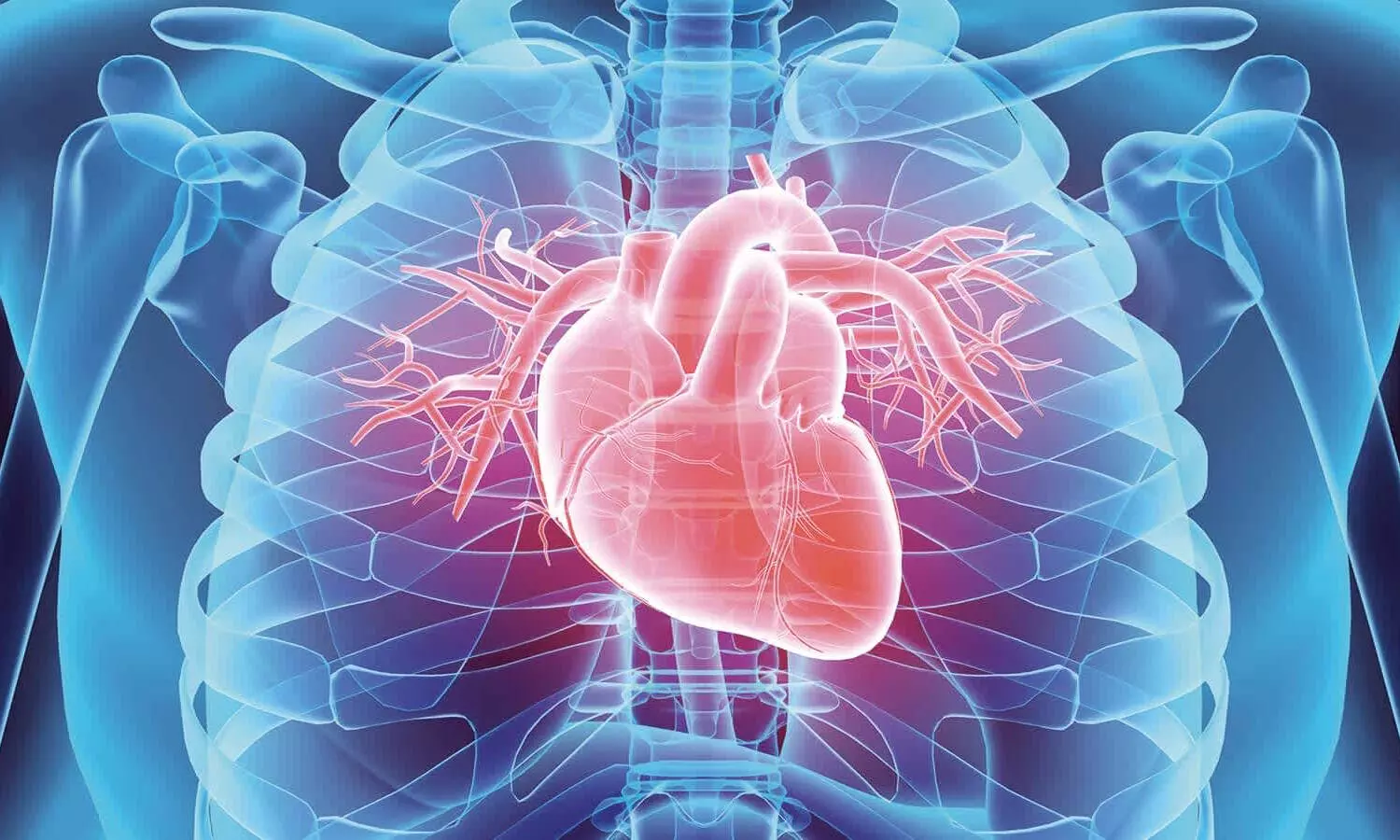Heart attack cases increase 15–20% in winter: Here are dos and don’ts to stay safe
As temperatures fall, the body conserves heat by constricting blood vessels. Dr. Ali notes that “when the temperature falls, blood vessels narrow, blood pressure rises, and the heart has to work harder.”
By Newsmeter Network
Hyderabad: Hospitals across India are seeing a seasonal rise in cardiac emergencies as winter sets in.
According to the Indian Heart Association, heart attack cases increase by 15–20% during the winter months, particularly between November and February. Doctors say cold conditions place additional stress on the heart, sometimes without obvious warning.
Senior Consultant Interventional Cardiologist Dr. Syed Akram Ali, Director of Intensive Coronary Care at Renova Century Hospitals, Banjara Hills, explains that “cold weather can silently increase strain on the heart, even in people who appear healthy.”
How Cold Weather Impacts the Heart
As temperatures fall, the body conserves heat by constricting blood vessels. Dr. Ali notes that “when the temperature falls, blood vessels narrow, blood pressure rises, and the heart has to work harder.” For people with diabetes, high cholesterol, or existing heart disease, this reduced blood flow can precipitate a heart attack.
Cold air also increases adrenaline levels, making the blood more prone to clotting. Lifestyle patterns during winter, reduced physical activity, heavier meals, festive indulgences, and increased alcohol intake, add to cardiovascular stress.
Groups at Higher Risk
Doctors highlight specific groups who face a higher risk of winter-related heart attacks:
• People above 50
• Individuals with high blood pressure, diabetes, cholesterol issues, or obesity
• Smokers and those with a strong family history of cardiac disease
• People who engage in sudden vigorous activity outdoors without warming up
Warning Signs Commonly Overlooked
Chest heaviness, breathlessness, sweating, jaw or arm pain, and unexplained fatigue are early red flags. According to Dr. Ali, “almost one in three winter heart attack patients had ignored early signs for more than 12 hours,” delaying timely treatment.
Precautions for the Winter Season
Doctors recommend practical steps to reduce risks during colder months:
1. Dress in layers to maintain body heat, especially covering the head and ears.
2. Avoid sudden exertion; always warm up before outdoor walks or exercise.
3. Stay hydrated since “cold weather reduces thirst, but dehydration thickens the blood,” Dr. Ali says.
4. Reduce salty foods, fried snacks, and late-night heavy meals.
5. Continue prescribed blood pressure or cholesterol medication without interruption.
6. Monitor blood pressure and sugar levels at least once a week.
7. Avoid early-morning walks on very cold days; late mornings are safer.
A Preventable Seasonal Surge
India sees over 20 lakh winter-related heart attack cases each year. Dr. Ali emphasises that with simple preventive measures, many of these incidents can be avoided. “Winter should be a time for family and festivals, not hospital visits,” he says.
He adds that the seasonal approach to heart safety can be summarised simply: “Warm clothes, warm food, and a warm heart, that’s the real health mantra for the season.”